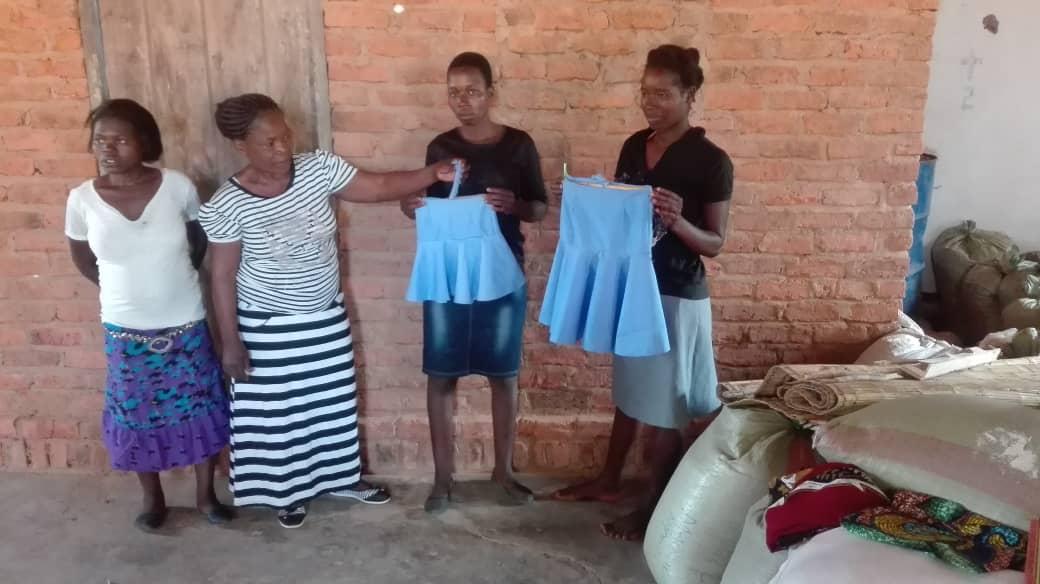
Development Desk Rolls out Vocational Skills Training to 160 Youths in Karonga and Chitipa
By Elijah Banda
The Development Desk of the Diocese of Karonga has rolled out vocational skills training in carpentry, bricklaying and tailoring to 160 youths in Karonga and Chitipa districts.
This is one of the interventions under the Integrated Rural Development Project which is being funded by MISEREOR – Germany.

The training programme will impart skills on young people, in the three trades, to enable them open their own workshops. This is one way of helping the youth to generate income to support their households and guard themselves against being used as instruments of violence.
Speaking on the sidelines of the opening sessions of the trainings in Chitipa, the Development Desk Officer Mr Franklin Msiska urged the participants to take the trainings seriously by attending all the sessions.
“Your contribution to the program is your participation, as such you should ensure that you attend every training session so that at the end, the certificate of attendance should represent your true knowledge and skills gained,” said Msiska.

Speaking on behalf of the trainees in Chisenga, Emily Kanyuka thanked Karonga Diocese for the informal trainings which she described as beneficial to the youth once completed. She observed that there is high demand for the services in various communities.
“The trainings will empower us to help our households in income generation. This will enable us to contribute positively to the development of the nation unlike being given handouts by some individuals to incite violence in the communities,” said Kanyuka.
The Karonga and Chitipa Integrated Rural Development Project is being run for two years. The project supports young people who did not go beyond Malawi School Certificate of Education, who mostly do not qualify for formal tertiary education.
